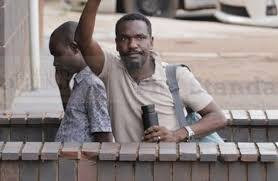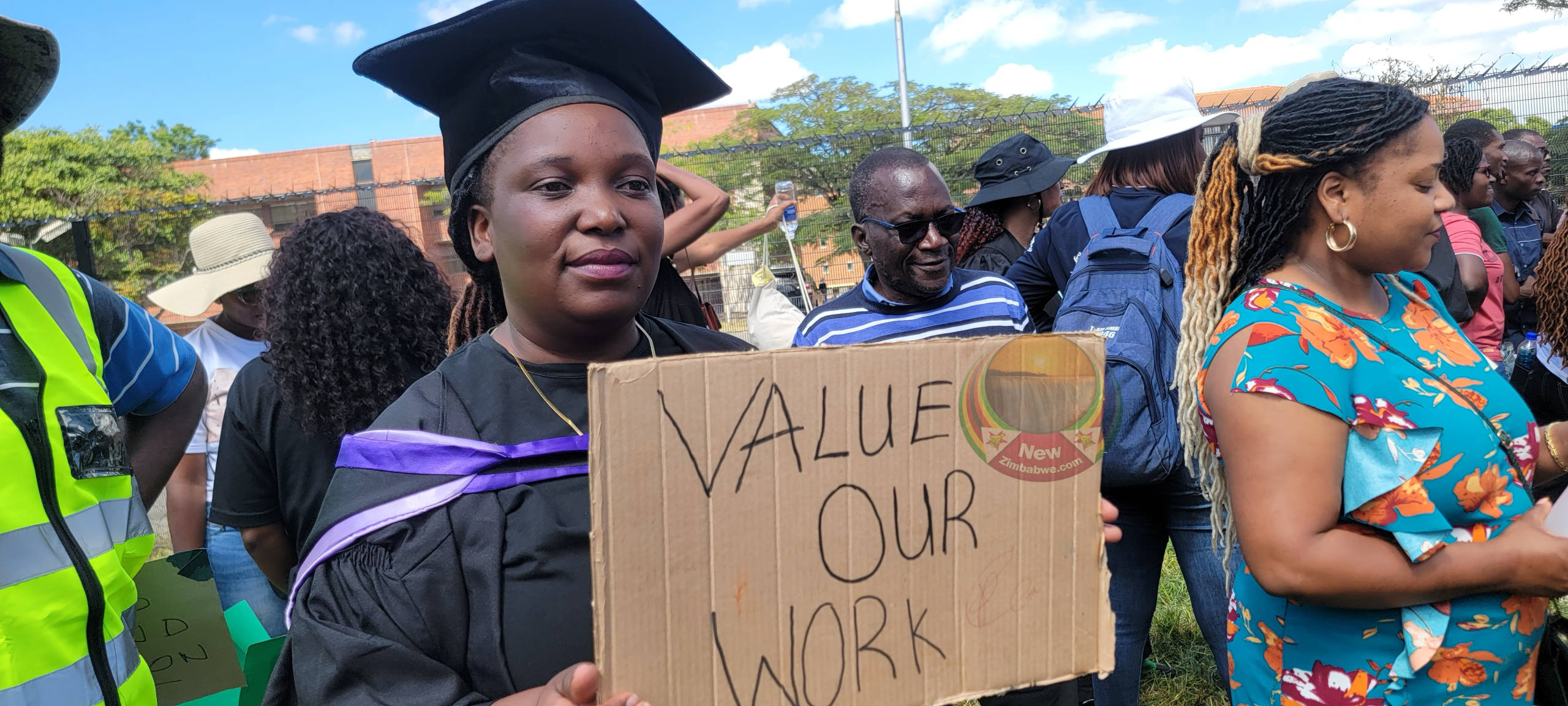…as the world commemorates Shakespeare
SOMETIME in April this year, the British Council in Zimbabwe partnered Pamberi Trust to mark the 400th anniversary of the death of probably the greatest English playwright, William Shakespeare.
BY TINASHE MUCHURI
Shakespeare is no stranger to Zimbabwe’s students of literature, with his books such as Macbeth, Julius Caesar, Hamlet, The Merchant of Venice and Romeo and Juliet having dominated the country’s English curriculum.
During my time at school, I was not familiar with Shakespeare and, several years later, all the writers’ workshops I attended were content with using texts by writers such as Francis Kafka, Chenjerai Hove, Ignatius Mabasa, Charles Mungoshi, Yvonne Vera, Dambudzo Marechera, Ernest Hemingway, Shimmer Chinodya and Bernard Honwana, among others.
It was only later that I started reading bits and pieces of Shakespeare’s works, starting off with The Merchant of Venice and The Tempest.
Keep Reading
- Chamisa under fire over US$120K donation
- Mavhunga puts DeMbare into Chibuku quarterfinals
- Pension funds bet on Cabora Bassa oilfields
- Councils defy govt fire tender directive
But the celebrations to make Shakespeare’s death posed many questions regarding the tradition of honouring our own great writers.
The situation on the ground is often disappointing, as perhaps only “literary dissident” Marechera of the House of Hunger fame is probably the only local writer, whose symposiums have been held locally and abroad.
Marechera – most of whose works were published posthumously through the efforts of Flora Veit Wild – has also been honoured through the local House of Hunger Poetry Slam and another version in South Africa.
The local initiative, which was bankrolled by Hivos and Pamberi Trust and held at the old Book Café, has also gone into hibernation.
Intwasa Arts Festival koBulawayo, in attempts to at least honour local literary greats, initiated English and Ndebele short story competitions named after Yvonne Vera and Ndabezinhle Sigogo respectively.
But sadly, it also appears as if the competitions have been shelved.
The late legendary artiste, Walter Lambert Muparutsa, was honoured by the International Images Film Festival and Young African Cultural Arts Festival through an award named after him and a venue named after him at Shoko Arts Festival.
During the Shakespeare commemorations, local poets in the mould of Chirikure Chirikure, Albert Nyathi, Biko Mutsaurwa and Tendekai Tati took turns to serenade the audiences, with the icing from musicians Hope Masike, Victor Kunonga and Tehn Diamond.
Many of the poets recited poems in honour of the “great” English poet of all-time, something that has never been done for local pacesetters in literature in the mould of Solomon Mutswairo, Mordecai Hamutyinei, Yvonne Vera and Hove.
Although some top achievers in other fields such as Kirsty Coventry and Oliver Mtukudzi have been honoured through the issuance of diplomatic passports and an honorary degree in the case of Tuku – and others like Thomas Mapfumo and Charles Mungoshi – for others, there is nothing to show for it.
Observers have noted the need to celebrate local writers, whose literary works have enriched the country’s education sector and body of intellectual work.
In the United Kingdom, at Westminister Abbey, is a burial site for some of the country’s finest literary giants such as Shakespeare himself and Thomas Hardy.
In that vein, it would be a positive development for stakeholders to push for the naming of streets after some of the country’s great writers including Aaron Chiundura Moyo, a man who has significantly contributed to local drama both as a playwright and actor with 14 Shona titles to his name.
He is a great cultural ambassador. The local authors themselves should do more to increase their visibility and significance by pushing for the recognition of their works as national brands that project an authentic picture of Zimbabwe.





